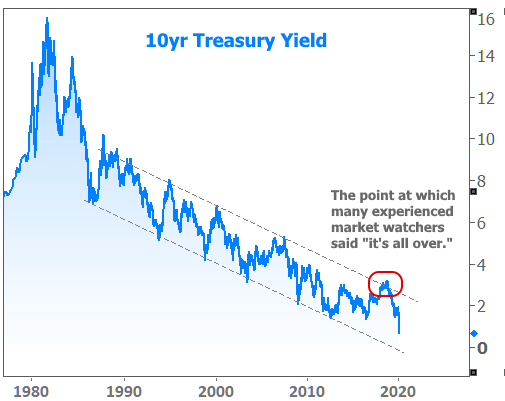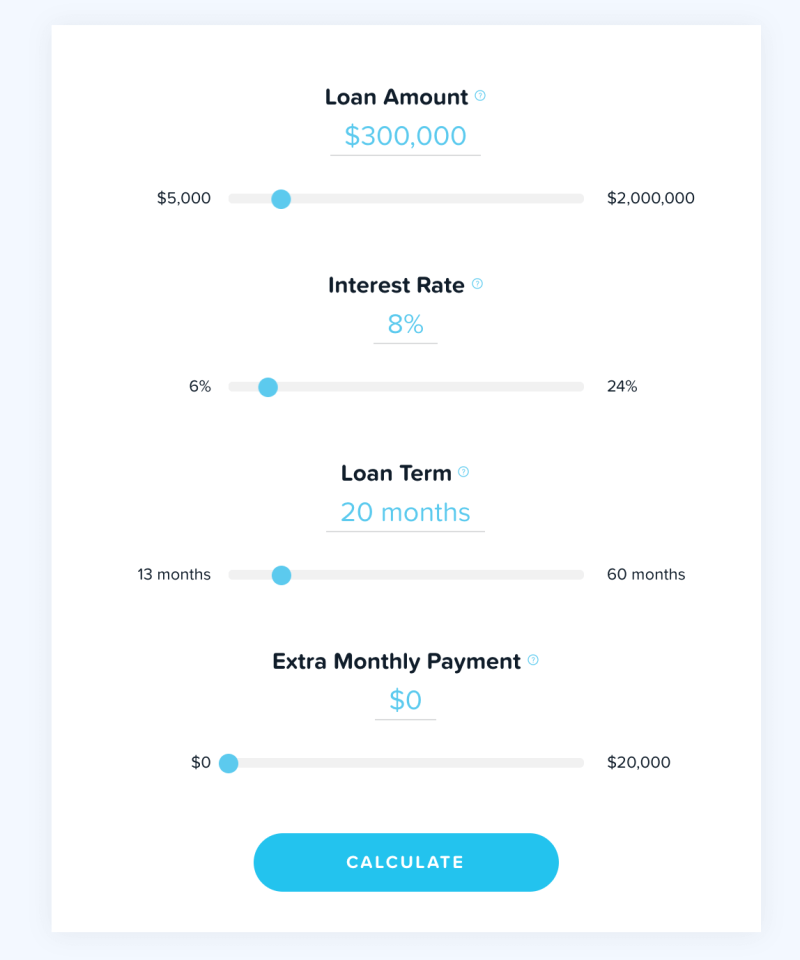The customer either has substantial equity in their house (typically at least 50% of the property's value) or has paid it off totally. The borrower decides they require the liquidity that features getting rid of equity from their house, so they work with a reverse mortgage counselor to discover a loan provider and a program.
The lender does a credit check, reviews the debtor's residential or commercial property, its title and assessed worth. If authorized, the loan provider funds the loan, with profits structured as either a swelling amount, a credit line or routine annuity payments (monthly, quarterly or each year, for example), depending on what the debtor picks.
Some loans have restrictions on how the funds can be utilized (such as for enhancements or remodellings), while others are unlimited. These loans last till the debtor dies or moves, at which time they (or their beneficiaries) can pay back the loan, or the home can be offered to repay the loan provider.
In order to receive a government-sponsored reverse home loan, the youngest owner of a home being mortgaged must be at least 62 years old. Debtors can only borrow versus their primary home and must likewise either own their home outright or have at least 50% equity with, at most, one main lienin other words, customers can't have a second lien from something like a HELOC Visit website or a second home loan.
Typically just particular types of homes get approved for government-backed reverse mortgages. Eligible homes consist of: Single-family homes Multi-unit residential or commercial properties with approximately 4 units Produced homes built after June 1976 Condos or townhomes When it comes to government-sponsored reverse mortgages, borrowers also are required to endure an information session with an approved reverse home loan counselor.

Personal reverse home loans have their own qualification requirements that vary by loan provider and loan program. If you get a proprietary reverse home mortgage, there are no set limits on how much you can obtain. All limitations and limitations are set by private lending institutions. However, when using a government-backed reverse home mortgage program, house owners are prohibited from obtaining up to their home's appraised value or the FHA optimum claim quantity ($ 765,600).
Part of the residential or commercial property's worth is utilized to collateralize loan expenses, and loan providers also usually firmly insist on a buffer in case residential or commercial property values decline. Borrowing limits likewise adjust based on the customer's age and credit and likewise the loan's interest rate. There are 2 primary expenses for government-backed reverse mortgages: These might be fixed if you take a swelling amount (with rates beginning under 3.5% a rate similar to conventional home mortgages and much lower than other home equity loan items).
A Biased View of How To Swap Houses With Mortgages
Federally backed reverse mortgages have a 2% upfront home loan insurance coverage premium and yearly premiums of 0.5%. Home loan insurance is implied to protect lending institutions in case of customer default. While reverse home mortgages can't typically default in westlake financial services memphis tn the very same methods as standard mortgageswhen borrowers fail to make paymentsthey can still default when owners fail to pay real estate tax or insurance coverage or by failing to correctly keep their residential or commercial properties.
Lenders likewise typically charge other costs, including for property appraisals, servicing/administering loans and other closing expenses, such as credit check fees. Nevertheless, all expenses are typically rolled into the balance of the mortgage, so lending institutions don't require to pay them out of pocket. Many reverse home mortgages are government-insured loans. Like other federal government loans, like USDA or FHA loans, these items have rules that traditional home mortgages don't have, due to the fact that they're government-insured.
There are also private reverse home loans, which do not have the same rigorous eligibility requirements or financing requirements. Single-purpose loans are normally the least costly type of reverse home mortgage. These loans are provided by nonprofits and state and city governments for particular functions, which are dictated by the lending institution. Loans may be offered things like repairs or enhancements.

House equity conversion mortgages (HECMs) are backed by the U.S. Department of Real Estate and Urban Advancement and can be more pricey than standard mortgages. However, loan funds can be utilized for just about anything. Borrowers can select to get their money in several different ways, including a lump amount, repaired monthly payments, a line of credit or a mix of regular payments and line of credit.
Lenders set their own eligibility requirements, rates, charges, terms and underwriting process. While these loans can be the most convenient to get and the fastest to fund, they're likewise known to draw in unscrupulous experts who utilize reverse home loans as a chance to scam unsuspecting elders out of their property's equity. Reverse home loans aren't great for everybody.
A reverse home loan might make good sense for: Seniors who are experiencing substantial costs late in life People who have depleted most of their cost savings and have significant equity in their main residences People who don't have heirs who care to acquire their home While there are some cases where reverse mortgages can be handy, there are great deals of factors to prevent them (why do banks sell mortgages to fannie mae).
In fact, if you think you might plan to repay your loan completely, then you might be much better off avoiding reverse mortgages completely. However, usually speaking, reverse mortgages must be repaid when the customer dies, moves, or sells their home. At that time, the debtors (or their heirs) can either pay back the loan and keep the home or sell the home and utilize the earnings to repay the loan, with the sellers keeping any profits that remain after the loan is paid back.
How What Is One Difference Between Fixed–rate Mortgages And Variable–rate Mortgages? can Save You Time, Stress, and Money.
But many of the advertisements that customers see are for reverse home loans from private companies (what are the current interest rates for mortgages). When working with a private lenderor even a private company that claims to broker government loansit's crucial for debtors to be careful. Here are some things to watch out for, according to the FBI: Don't react to unsolicited mailers or other advertisements Don't sign documents if you do not comprehend themconsider having them examined by https://paxtonloxx563.shutterfly.com/22 an attorney Don't accept payment for a home you do not own Be cautious of anybody who says you can get something for absolutely nothing (i.e., no down payment) In a lot of cases, these rip-offs get unwitting homeowners to secure reverse mortgages and provide the cash to the fraudster.
Reverse home mortgages aren't for everybody. Oftentimes, potential customers might not even certify, for example, if they aren't over 62 or don't have substantial equity in their houses. If a reverse mortgage isn't best for you, there are plenty of other routes you can go to get the funding you require.
A reverse mortgage is a mortgage that you do not need to pay back for as long as you live in your house. It can be paid to you in one lump sum, as a routine month-to-month income, or at the times and in the quantities you desire. The loan and interest are paid back only when you sell your home, permanently move away, or pass away.
They are paid back in complete when the last living customer passes away, offers the home, or completely moves away. Since you make no monthly payments, the quantity you owe grows bigger with time. By law, you can never ever owe more than your house's worth at the time the loan is repaid.